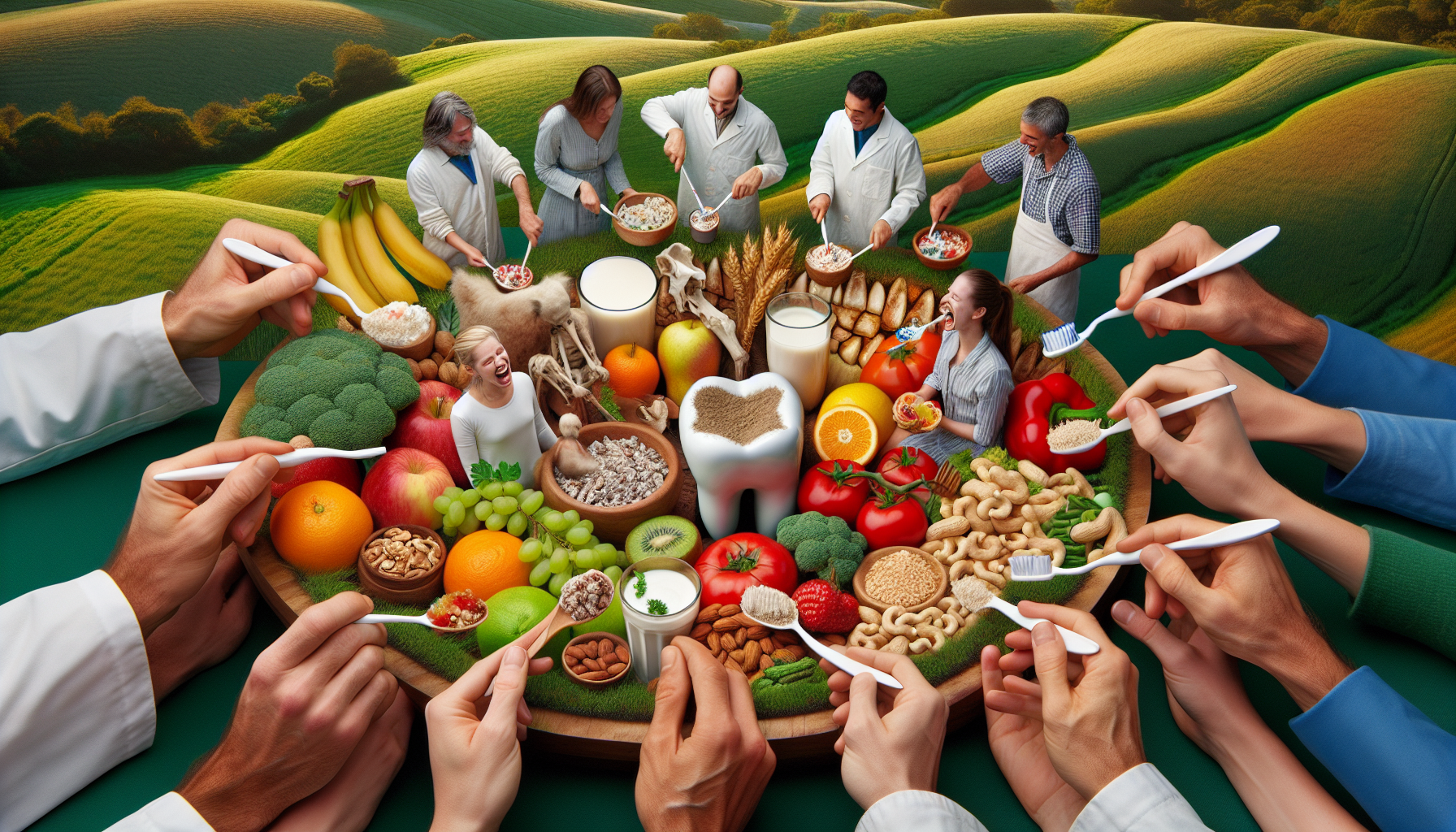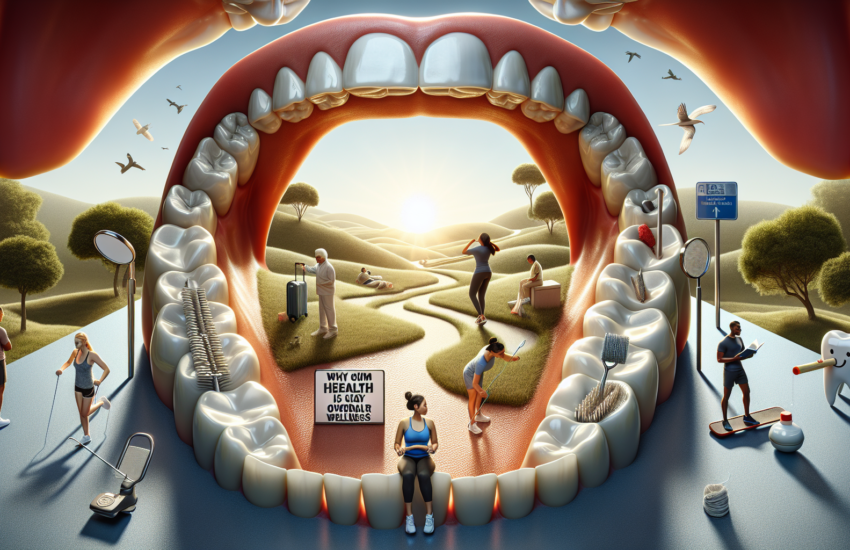The Connection Between Diet and Tooth Decay
Introduction to Tooth Decay and Diet
Ever wondered why some people seem to have perfect teeth while others struggle with cavities? The secret might just be in what they eat. I’ve always been fascinated by the impact of diet on oral health, and after years of studying this topic, I’ve come to understand that what we put in our mouths can significantly influence the health of our teeth. Tooth decay, or dental caries, is a common issue that affects millions worldwide, and diet plays a crucial role in its development and prevention.
The Science Behind Tooth Decay
Tooth decay occurs when acids produced by bacteria in the mouth erode the enamel of the teeth. These bacteria thrive on sugars and starches from our diet, converting them into acids that can lead to cavities. A study published in the Journal of Dental Research highlights how frequent consumption of sugary foods and drinks can increase the risk of tooth decay. It’s not just about the amount of sugar but also how often we consume it. Every time we eat or drink something sugary, our teeth are exposed to an acid attack, which can weaken the enamel over time.
Sugary Foods and Drinks: The Culprits
It’s no surprise that sugary foods and drinks are major contributors to tooth decay. From sodas to candies, these items are often the first to be blamed when someone develops a cavity. I remember a time when I used to drink soda regularly, and my dentist noticed a significant increase in plaque buildup. Cutting down on these sugary beverages made a noticeable difference in my oral health. The American Dental Association recommends limiting the intake of sugary snacks and drinks, especially between meals, to reduce the risk of tooth decay.
The Role of Carbohydrates
While sugars are the primary concern, other carbohydrates can also contribute to tooth decay. Starchy foods like bread, pasta, and chips can get stuck in the crevices of our teeth, providing a feast for bacteria. These foods break down into sugars in the mouth, which can then be converted into acids. A recent article in the ADA’s Oral Health Topics explains how a diet high in refined carbohydrates can increase the risk of cavities. It’s not about eliminating carbs entirely but choosing healthier options like whole grains, which are less likely to stick to teeth and cause decay.
Protective Foods for Your Teeth
Just as some foods can harm our teeth, others can help protect them. Foods rich in calcium and phosphorus, such as dairy products, can strengthen tooth enamel. I’ve found that incorporating cheese into my diet not only satisfies my cravings but also helps neutralize the acids in my mouth. Additionally, fruits and vegetables high in fiber can stimulate saliva production, which helps wash away food particles and neutralize acids. The British Dental Journal emphasizes the importance of a balanced diet that includes these protective foods to maintain good oral health.
Practical Tips for a Tooth-Friendly Diet
So, how can you adjust your diet to protect your teeth? Here are some practical tips I’ve learned over the years:
| Limit Sugary Snacks: | Try to enjoy sweets and sugary drinks only during meals to minimize the frequency of acid attacks on your teeth. |
| Choose Healthy Snacks: | Opt for snacks like cheese, nuts, and raw vegetables, which are less likely to cause decay and can even help protect your teeth. |
| Drink Water: | Water helps rinse away food particles and neutralize acids. Drinking fluoridated water can also strengthen your enamel. |
| Chew Sugar-Free Gum: | Chewing gum after meals can increase saliva flow, which helps protect against tooth decay. |
By making these small changes, you can significantly reduce your risk of tooth decay. I’ve seen firsthand how these adjustments can lead to healthier teeth and fewer trips to the dentist.
Understanding the connection between diet and tooth decay is crucial for maintaining good oral health. It’s not just about avoiding certain foods but also about embracing a balanced diet that supports your teeth. Whether it’s cutting down on sugary drinks or adding more cheese to your meals, every little change can make a big difference. So, next time you reach for a snack, think about how it might affect your smile. Your teeth will thank you for it.


